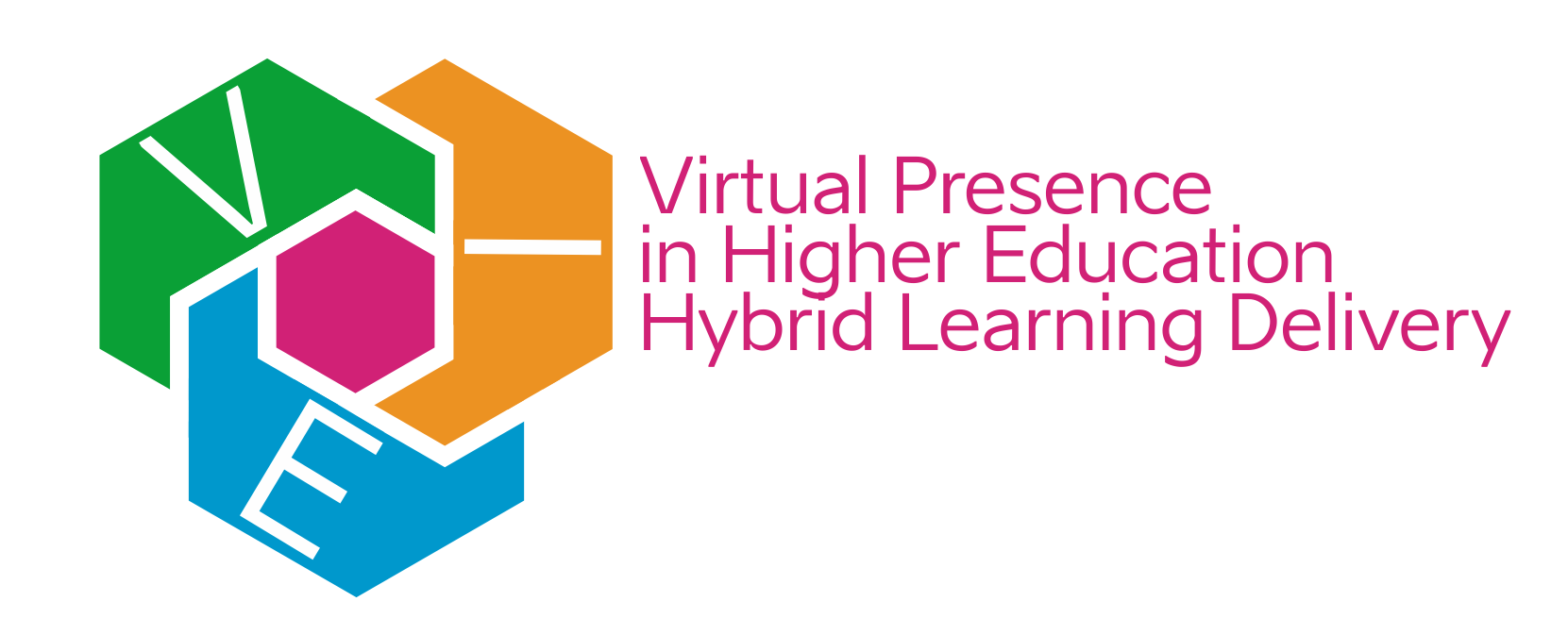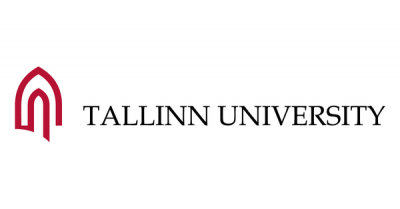
Tallinn University (TLU) is a higher education institution in Estonia. The organization has large experience on the implementation of R&D projects in European wide consortia. TLU focuses on the design, implementation, and deployment of educational applications for addressing diverse learning objectives and needs for broad groups that range from primary and secondary to professional education. TLU has close ties with educational authorities and schools in the wider area of Tallinn and Estonia generally. These ties will be exploited for establishing the learning needs, for evaluation outcomes, and for promoting the uptake of project results. The organization also has broad capacity to evaluate project results with higher education students in Estonia.
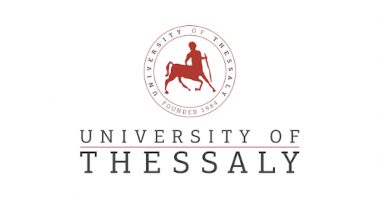
The University of Thessaly (UTH) is one of two higher education Institutions in the area of Thessaly Greece. The university enrolls over 10.000 graduate and undergraduate students in 17 Departments that focus on Engineering, Agriculture, Pedagogics, Medicine, and Physical Education.
The Department of Electrical and Computer Engineering, which enrolls approximately 1.000 students, builds a wide range of knowledge, including the deployment of technology in educational contexts. It has a wide network of collaborating higher education institutions and research organizations on the national and European level.
The research projects are implemented in the informal laboratory of Creative Technologies Learning Lab, on the website of which there are descriptions (http://ctll.e-ce.uth.gr).
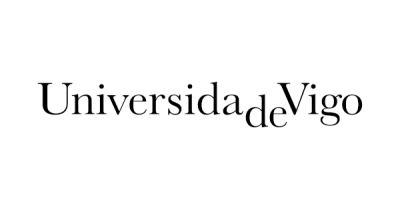
The Universidade de Vigo (UVIGO) is a young public academic institution officially founded in 1989. UVIGO, with three campuses at Ourense, Pontevedra and Vigo, offering degree programs in the fields of science, humanities, technology and legal-social. These are distributed over nearly thirty centers where research groups also carry out their R&D activities.
UVIGO has long and outstanding experience both in ICTs and in the educational technology field at the international level. The research group involved in the ViE project is specialized on the research and development of e-learning solutions, mainly based on Web and mobile technologies in conjunction with machine learning and data analytics. The application fields are mainly the medical and higher education, focusing on game-based learning, e-assessment and open educational resources.
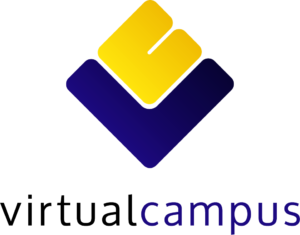
Virtual Campus (VC) is a software development, consulting and training company in the area of Technology Enhanced Learning located in Porto, Portugal. We aim at actively promoting the development of the Knowledge Society through the use of Digital Environments for Learning and Training.
VC´s activities fall in these areas: e-learning/e-training, serious games, mobile development and project management. Moreover, our target audience goes from children in school to adults, from students to vocational trainees, trainers and professionals in different sectors.
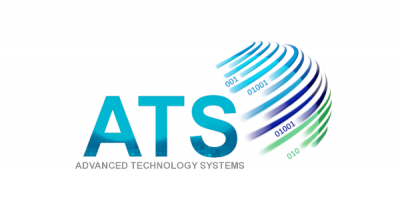
Advanced Technology Systems (ATS) is an SME in Romania with a long tradition in developing complex integrated an interoperable systems and ecosystems supporting the ability of disparate and diverse organizations to interact and collaborate to achieve common goals. ATS has participated in both Erasmus+ and Horizon2020 projects. The company develops digital tools for education, decision support systems, and analytics applications for very large data sets, using distributes computation and storage.
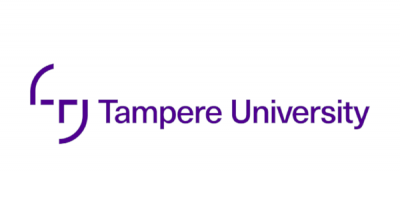
The Tampere University TRIM research center focuses on the essential research challenges of the information society and aims at producing information that is widely applicable both in developing new information systems or experience based interactive media products and in understanding better the behaviour of the people working with information and media. In the context of VIE utisation of socitechnical environments, digital literacy as well as ergnomics and human factors are focal.
PI, Associate Professor Jussi Okkonen’s work is about how technology affects people’s everyday life. He is interested in different use contexts and users. Digital literacy underpins the topics as understanding how technology plays a central role in sustainable digital existence.
